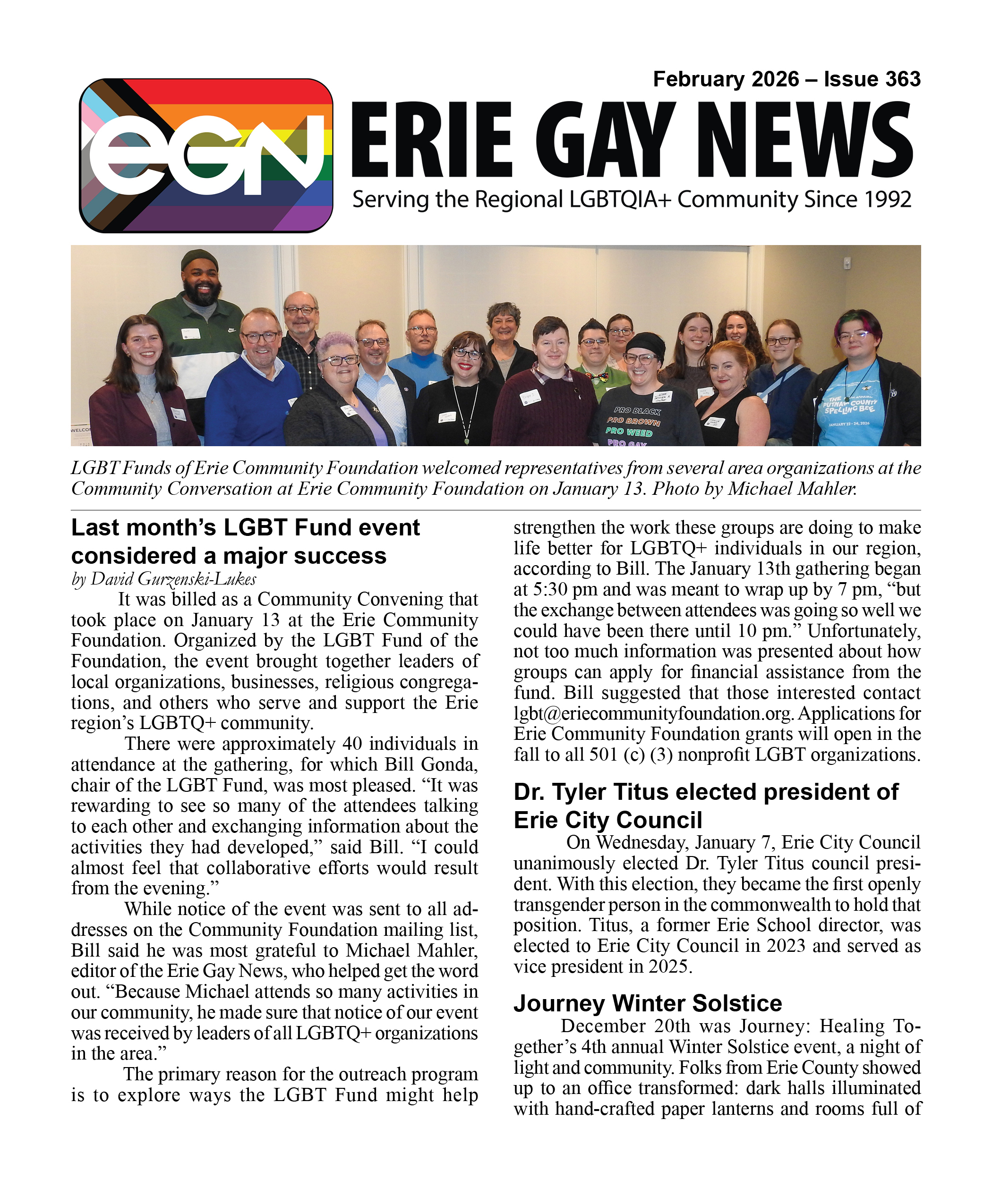The Respect for Marriage Act is an Important Step on the Path to LGBTQ Equality
MAP staff had the honor of watching President Biden sign the Respect for Marriage Act into law yesterday, among colleagues from the LGBTQ movement on the South Lawn of the White House.
The Respect for Marriage Act is vitally important - for same-sex couples and interracial couples alike. As we saw with the U.S. Supreme Court decision this year that overturned Roe v. Wade, even some of the most basic, fundamental rights that we depend on are at risk.
Today, the overwhelming majority of the country - more than 70% - supports marriage equality and nondiscrimination protections for LGBTQ people, with broad support across the political spectrum.
But when MAP was founded in 2006, we - alongside our movement colleagues - faced a steep uphill climb in working to win the freedom to marry for same-sex couples, as one part of securing equality for LGBTQ people across every part of their lives. And it would be another five years - in 2011 - before polling would show majority support for marriage equality. MAP's messaging work to help change how people think and feel about the freedom to marry and LGBTQ equality was instrumental in shifting that public opinion.
Slowly but surely, state after state passed laws giving same-sex couples the ability to get married. And in 2015, we celebrated the Obergefell decision guaranteeing that same-sex couples nationwide have the freedom to marry.
But the past three years have seen a dramatic increase in political attacks on LGBTQ people, especially on transgender people, as well as increasingly hostile courts.
MAP research this year found that half of U.S. states still have laws on the books banning same-sex couples from marrying, even though those laws are currently unenforceable under the Obergefell decision. Prior to the Respect for Marriage Act, even the fundamental freedom to marry could be at risk from the U.S. Supreme Court.
With the Respect for Marriage Act, couples who are legally married anywhere will have their marriages recognized everywhere in the country, regardless of state bans that still exist - in a truly bipartisan law passed by majorities in both chambers of Congress and signed by the president.
We're celebrating this important victory, and also looking ahead to our ongoing work for full equality for LGBTQ people, no matter what state they live in. MAP tracks more than 50 laws and policies impacting LGBTQ people with our Equality Maps. The current policy landscape for LGBTQ people shows there is much work to be done:
- While 22 states explicitly ban discrimination based on sexual orientation and gender identity, one out of every three LGBTQ people lives in a state without protections from discrimination in public accommodations. (See MAP's Equality Maps for a state-by-state look at nondiscrimination laws in public accommodations.)
- In 18 states, LGBTQ people do not have protections from discrimination in housing, which means that they can be denied housing or unfairly evicted simply because of who they are.
- More than 1 in 8 LGBTQ people live in a state that allows medical providers to deny them necessary care if it conflicts with the provider's religious beliefs.
- Eighteen states ban transgender youth from participating in school sports.
- Nine states have Medicaid policies that specifically exclude care for transgender people.
- More than 80% of young people live in a state that considered LGBTQ school censorship bills and other hostile school climate bills in the previous two years alone.
Standing shoulder to shoulder with movement colleagues invited to the White House, I am reminded of the power of our movement and our collaborations. We will keep working together to change hearts and minds, as we have done before, on our path to full equality for LGBTQ people.
About MAP: MAP's mission is to provide independent and rigorous research, insight and communications that help speed equality and opportunity for all. MAP works to ensure that all people have a fair chance to pursue health and happiness, earn a living, take care of the ones they love, be safe in their communities, and participate in civic life. www.mapresearch.org



